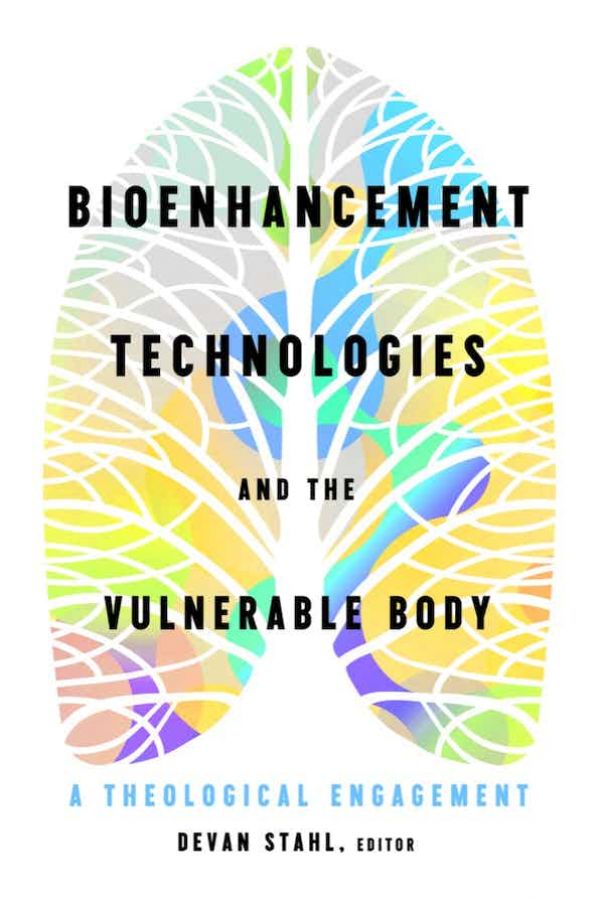The field of biomedical technology has experienced rapid growth in recent years. New technologies promise to diagnose, treat, and prevent human diseases. Increasingly, however, the ability of these technologies to "enhance" normal human functioning beyond what is necessary to restore or sustain health has raised considerable debate about the proper limits of biotechnology.
Whereas the public-facing proponents of bioenhancements tend to come from privileged positions in society, Bioenhancement Technologies and the Vulnerable Body seeks to analyze the nuances of bioenhancement from the perspective of those who are often marginalized in bioethical discussions.
Any moral assessment of technology must consider its effects on all people, principally those who have not benefited equally from technological advancements. From the premise that minority perspectives yield new insights into biomedical enhancements, this volume centers the bodies of persons who are vulnerable to health disparities—particularly persons with disabilities and persons of color. Contributors critically examine bioenhancement technologies with two key questions in mind: What does it mean to be human? and What does it mean to be vulnerable?
Each chapter uses distinct Christian theological methods and ontological suppositions to reflect on the distinctiveness of human creatureliness in relation to technology and what difference bioenhancement might make for our conceptions of vulnerability.
Wylin D. Wilson contributes the chapter, "This is My Body: Faith Communities as Sites of Transfiguring Vulnerability." Wilson is assistant professor of theological ethics at Duke Divinity School.
Professor Wilson’s work lies at the intersection of religion, gender, and bioethics. Her academic interests also include rural bioethics and Black church studies. Prior to joining Duke Divinity School in 2020, she was a teaching faculty member at the Harvard Medical School Center for Bioethics and a senior fellow at the Center for the Study of World Religions at Harvard Divinity School.
Professor Wilson is the former associate director of Education at the Tuskegee University National Center for Bioethics in Research and Health Care, and former faculty member in the College of Agriculture, Environment, and Nutrition Sciences at Tuskegee University, Tuskegee, Alabama. She is a member of the American Academy of Religion’s Bioethics and Religion Program Unit Steering Committee.
